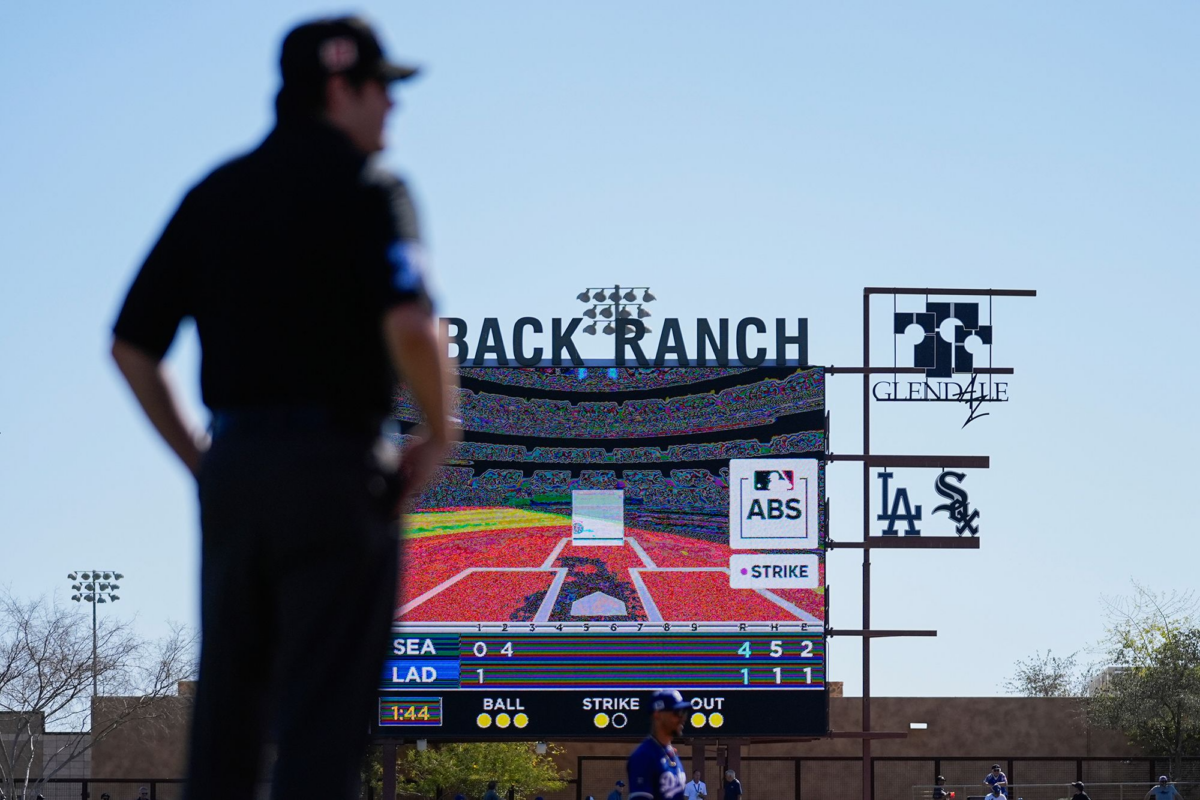News
MLB Commissioner Robert Manfred says ‘Torpedo’ bats are ‘definitely beneficial for baseball.’
MLB Commissioner Rob Manfred Embraces Controversial “Torpedo” Bats, Hints at Robot Umps Coming Soon
Major League Baseball commissioner Rob Manfred isn’t afraid of controversy — and in a recent New York Times interview, he defended the polarizing new “torpedo” bats, calling them “absolutely good for baseball” and a sign of the sport’s cultural relevance.
According to Manfred, the heated debate surrounding the unconventional bats — also known as “bowling pin” bats — highlights baseball’s unique place in American culture. “People get worked up over things that, at the end of the day, don’t really matter,” he said.
The bats drew widespread attention after the New York Yankees smashed 18 home runs in their first four games, setting a league record. Created by MIT-trained physicist and Miami Marlins coach Aaron “Lenny” Leanhardt during his time with the Yankees, the design shifts weight from the end of the bat closer to the barrel where contact is more often made, creating a customized “sweet spot” for each player.
Reactions have been mixed — some hail the innovation, while others accuse it of bordering on cheating. However, the league has confirmed the bats are within regulations, and more players are beginning to adopt them.
“These bats are legal,” Manfred stated. “Modifying the sweet spot isn’t new — it’s just more noticeable now. And that shows how much baseball still matters to people beyond just ratings or profits.”
Manfred also addressed the impending arrival of “robot umpires” through the Automated Ball-Strike (ABS) challenge system, which was tested in the minors and in spring training this year. The system lets umpires make the initial call, but allows players to challenge and have the pitch reviewed via Hawk-Eye technology.
The commissioner praised the system’s effectiveness, saying it could be introduced to the majors by 2026 — but not in 2025.
Manfred noted that umpires tend to prefer full automation because it eliminates the embarrassment of being publicly overruled. “The challenge system puts the spotlight on mistakes, and no one wants to be shown they were wrong in front of thousands,” he said.
On the flip side, many players reportedly resist fully automating pitch calls. The challenge-based ABS is viewed as a compromise, maintaining the game’s traditional human element while offering a safety net for correcting crucial errors.
“It preserves part of the game’s soul,” said Manfred. “Framing is a skill we value. But the challenge system gives teams a chance to fix game-changing mistakes — if they use it wisely.”

